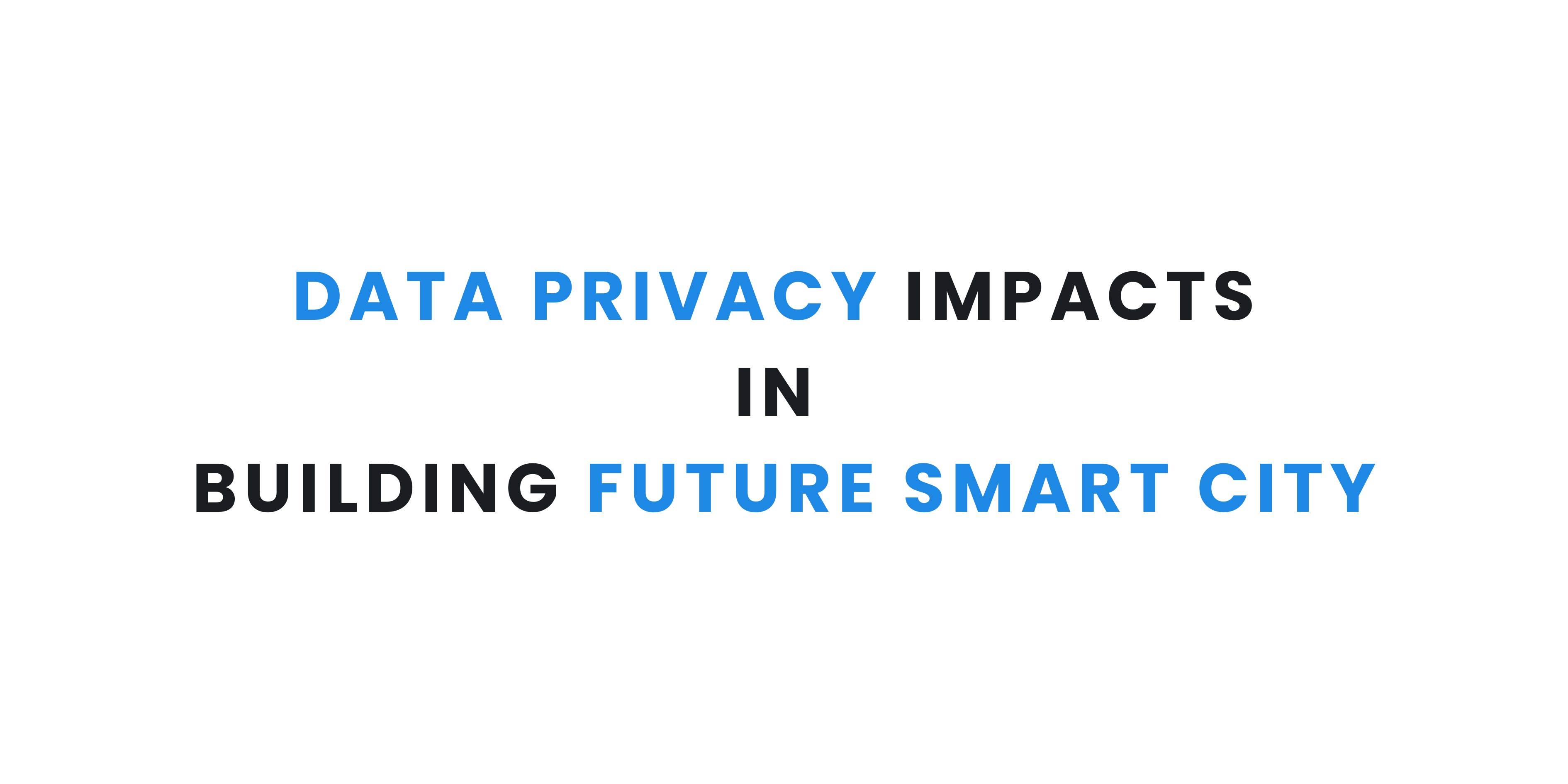
As the concept of smart cities gains momentum, urban areas around the world are transforming into hubs of technological innovation, where data-driven systems enhance everything from traffic management to public safety. Of course, with the support of Place Intelligence, which we looked into a few days ago. However, as we race towards this future, one critical question looms large: How will data privacy shape the development of smart cities?
In this blog post, we’ll explore the impact of data privacy on building future smart cities and why protecting personal data is crucial for the success and sustainability of these urban ecosystems.
Key Summary
- Smart cities integrate IoT, AI, and big data to optimise urban services and improve daily life.
- The extensive data generated by smart cities raises serious data privacy concerns that need robust protections.
- Trust is essential, achieved through transparent data practices and embedding data privacy into the design of smart city systems.
- Balancing innovation with data privacy is a critical challenge, requiring solutions that protect individual rights while leveraging data.
- Public awareness and education are crucial for creating a data privacy-conscious culture and encouraging responsible use of smart city technologies.
The Promise
Smart cities promise to revolutionise urban living by integrating advanced technologies like the Internet of Things (IoT), artificial intelligence (AI), and big data analytics into the fabric of city life. These technologies enable real-time monitoring, predictive analytics, and automated decision-making processes that improve the efficiency of services such as transportation, energy management, waste disposal, and public safety.
For instance, smart traffic systems can optimise traffic flow based on real-time data, reducing congestion and lowering emissions. Smart grids can manage energy distribution more effectively, leading to cost savings and environmental benefits. Additionally, AI-driven public safety systems can enhance emergency response times and improve overall security.
The Challenge
While the benefits of smart cities are undeniable, they come at a significant cost: the vast amount of data generated, collected, and analysed. Personal data is at the core of smart city functionality. From sensors tracking our movements to AI algorithms processing our daily activities, the potential for misuse of this data is immense.
Data privacy becomes an important concern in this context. Without proper safeguards, the personal information of millions of citizens could be exposed, leading to identity theft, surveillance, discrimination, and even loss of trust in public institutions. For smart cities to thrive, they must prioritise data privacy and build systems that protect individuals’ rights to control their personal information.
Building The Trust
Trust is the cornerstone of any successful smart city initiative. Citizens need to trust that their data will be handled responsibly and securely. This trust can only be built through transparent data practices, robust encryption methods, and strict adherence to data privacy regulations.
One of the most effective ways to build trust is by adopting a “data privacy by design” approach. This means integrating data privacy into the very architecture of smart city systems from the outset. For example, anonymising data wherever possible, allowing citizens to control how their data is used, and ensuring that data is only collected for specific, clearly defined purposes.
Moreover, governments and city planners must establish clear data governance frameworks that define who owns the data, how it is used, and how long it is retained. These frameworks should also include mechanisms for auditing and monitoring data usage to prevent unauthorised access and misuse.
The Seesaw of Innovation
A key challenge for smart cities is finding the right balance between innovation and data privacy. While data is the lifeblood of smart city technologies, it should not come at the expense of citizens’ data privacy. Innovative solutions must be developed that allow cities to harness the power of data while respecting individuals’ data privacy rights.
For instance, differential data privacy techniques can be used to analyse data in a way that preserves individual anonymity. Edge computing can process data closer to the source, reducing the need for data to be transmitted and stored centrally. Additionally, federated learning can enable AI systems to learn from data distributed across multiple devices without compromising data privacy.
Our Role as the Public
Finally, public awareness and education play a crucial role in the success of smart cities. Citizens need to be informed about how their data is being used, the risks involved, and the measures in place to protect their dat privacy. Empowering citizens with knowledge about data privacy enables them to make informed decisions and participate actively in the development of smart cities.
Public campaigns, educational programs, and transparent communication from city authorities can help build a data privacy-conscious culture. This not only creates trust but also encourages citizens to engage with smart city technologies in a way that benefits everyone.
Conclusion
As we move towards the future of smart cities, data privacy will be a defining factor in their success. Cities that prioritise data privacy, build trust, and strike the right balance between innovation and individual rights will lead the way in creating sustainable, inclusive, and thriving urban environments.
In the end, the future of smart cities is not just about technology—it’s about people. By putting data privacy at the forefront, we can ensure that the smart cities of tomorrow are safe, equitable, and truly smart for everyone.
By focusing on data privacy today, we can build the foundations for smart cities that respect individual rights while embracing the innovations of the future.
